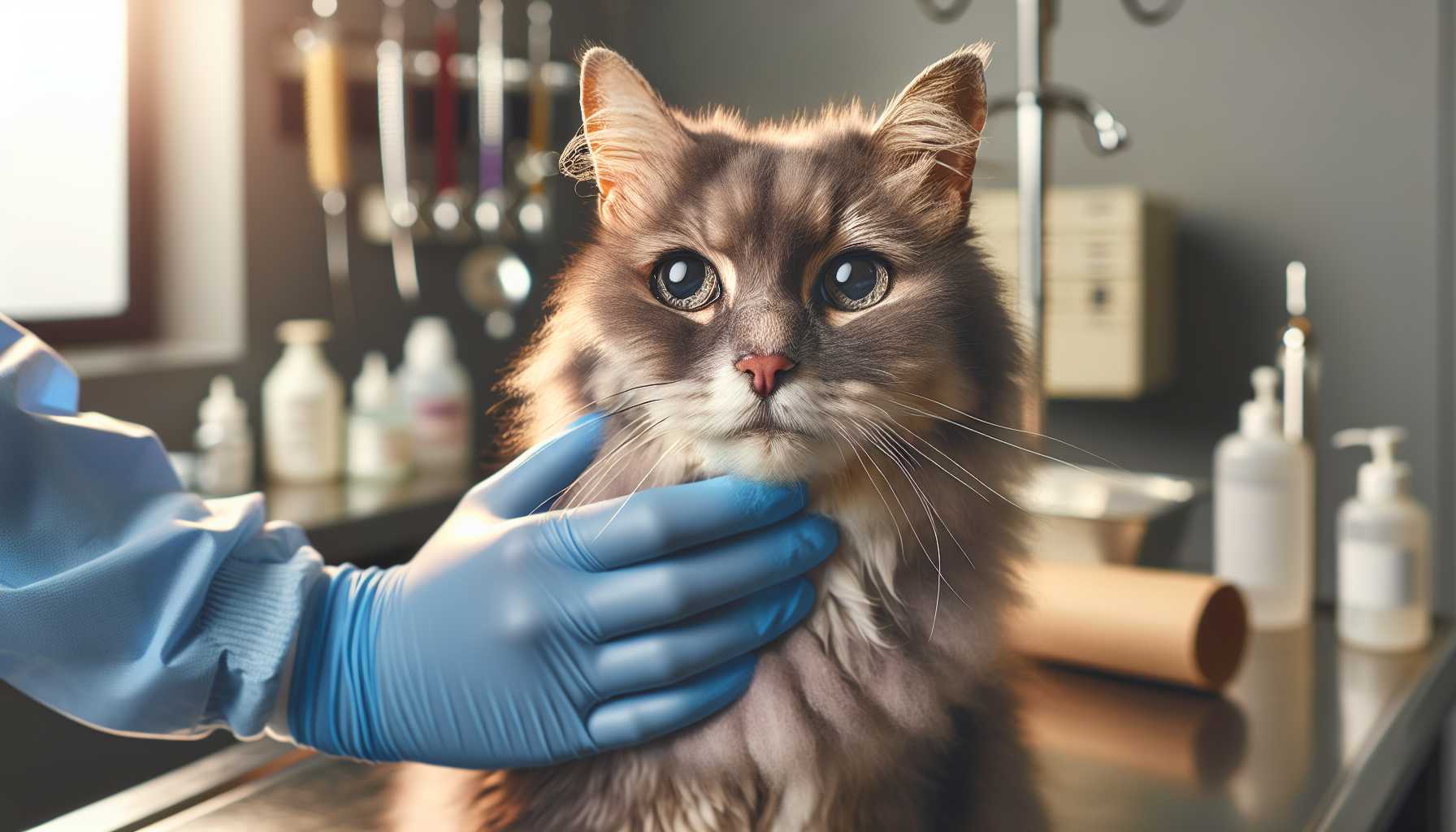As cats age, they become more prone to various health challenges, one of which is liver disease. Here, we’ll discuss how we can safeguard the health of our senior cats’ livers and our course of action when issues emerge.
Comprehending Liver Disease in Older Cats
The liver of our cats works tirelessly to filter out toxins, handle nutrients, and generate vital proteins. As these feline companions grow older, their critical organs, such as the liver, can be more prone to disease. Essentially, cats require specific attention as they transition to their autumn years, just as we do.
Identifiable Indicators Your Older Cat May Have Liver Problems
- Decrease in appetite
- Yellowed eyes or gums
- Excessive thirst
- Unanticipated weight reduction
- Alterations in restroom habits
- Behavioral shifts
Suggestions for Maintaining a Healthy Liver
Importance of Diet
Offering your older cat a high-quality, age-suitable diet is essential. Imagine nourishing them with the ideal fuel for their aging engine. The diet should include adequate protein and limit fatty foods.
Frequent Vet Visits
Ensure you schedule vet appointments every six months. These routine check-ups serve as essential health maintenance for your cherished pet.
Consistent Hydration
Always provide fresh water. Consider installing water fountains since many cats are intrigued by flowing water!
Healing Alternatives When Liver Disease Occurs
Timely Intervention
The sooner we detect liver complications, the more favorable the outcome. If you observe changes in your cat’s behavior or appearance, seeking help immediately is crucial.
Medical Care
Your vet may propose:
* Medication to enhance liver function
* Hydration therapy
* Adjustments to the diet
* Supplements
Convenient Home Care
Establish a stress-free environment for your cat – a tranquil sanctuary where they can recover at ease is necessary.
When Emergency Care is Required
In the event of your older cat displaying these symptoms, immediate action is required:
* Extreme lethargy
* Total loss of appetite
* Vomiting
* Confusion
Leading a Life with a Cat Suffering from Liver Disease
Bear in mind that many cats diagnosed with liver disease can lead fulfilling, comfortable lives given the right care. Staying hopeful and showering them with additional affection during their treatment phase is also vital.
The Importance of Proactive Care
Think of proactive care as a long-term commitment to your cat’s well-being. Regular check-ups, a proper diet, and abundant love contribute significantly to maintaining a cat’s liver health.
Remember that you’re not alone in this journey. Collaborating closely with your vet and staying updated about your senior cat’s health requirements are vital. With apt care and concern, we can assist our aging feline companions to lead the most fulfilling lives possible.

